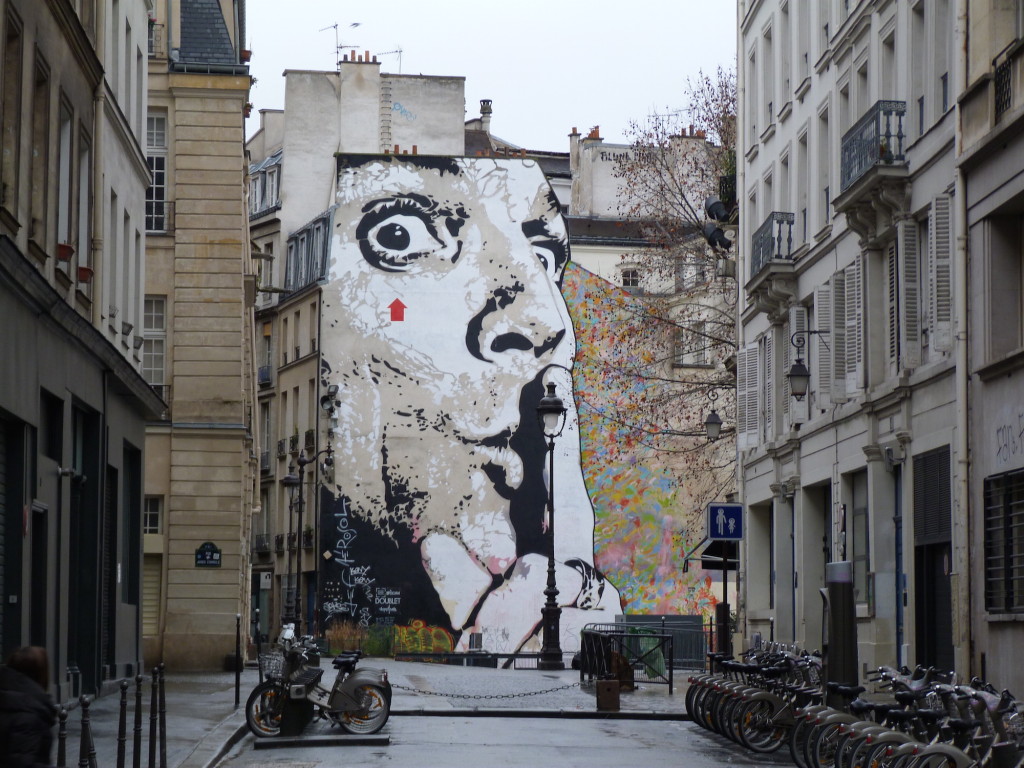The sigh in the title refers to my experiences from my trip to Brussels back in March and to Paris in April. More specifically it takes me back to a Paris restaurant, Paris streets and to Brussels meeting rooms. Despite the fact that each experience took place in a different environment, they all have something in common. They display the current state of Europe.
First of all, let me introduce two observations from Paris. The first one from a Paris restaurant. Business lunch, for which we reserved two and a half hours, was, in the end, more than a business lunch. The staff of the restaurant managed to serve us only the drinks and starters. When we weren’t served the main dish, even though we gave several urgencies, we left – after we gave our complaints to the staff of the restaurant – without paying, but also without eating the main dish. While we received several apologies from the staff we also received even more excuses about how nobody was responsible. My lunchmates who are foreigners but had lived in Paris already for some time and are used to such behavior just commented: “it is a French way”.
The second observation is from the streets of Paris. During the same day, the Paris police was in a state of high alert; cars with blaring sirens, loads of heavily armed policemen, barricades, partial closure of metro stations and streets. No, this time there wasn’t any terrorist attack. The fuss was caused by French activists who demonstrated on the Square of Republic against the changes in labor code. The French government wants to decrease the high, long-lasting unemployment, hence it decided to ease the layoff process of employees with permanent employment and implement changes in the 35-hour working week. The reactions of the French society are clearly negative. A part of the society is protesting in a belief that the current opposition is a continuation of the fight for freedom from the era of the French revolution. Before the protests in Paris, there were mass demonstrations all around France, attended by thousands of people.
These two experiences from my trip to Paris reminded me of my trip to Brussels, which happened just a few day ago. I took part in the negotiations of tripartite social summit on the highest level, also in the presence of Jean Claude Juncker and Donald Tusk. One of the topics discussed were policies recommended by Brussels, which are meant to help the member countries of the EU to conduct responsible macroeconomic policies and change the structure of their economies. I argued that the problem wasn’t in the policies but in their insufficient implementation. According to the reform barometer Business Insider, only 20% of the recommended policies were satisfactorily implemented by the member countries. So I asked myself: why is the execution rate of such good policies so low? At the same time, I also answered that question: enforcing discipline and reforms has its limits.
My experience from Paris also displays another cause of the Brussels quandary. The resistance against necessary, although often unpopular reforms of labor code, results in lack of courage and willingness among politicians to carry out such policies. Without a reform in labor code the owner in the French restaurant has to tolerate his incapable employees because he is unable to fire them. This leads to more and more customers being left without their lunch and the quality of service decreasing. This, however, is only the tip of an iceberg. This phenomenon is present in all segments of the economy. Without the reforms, the inevitable result is the loss of competitiveness and lag.
Translated by Filip Bolčo



